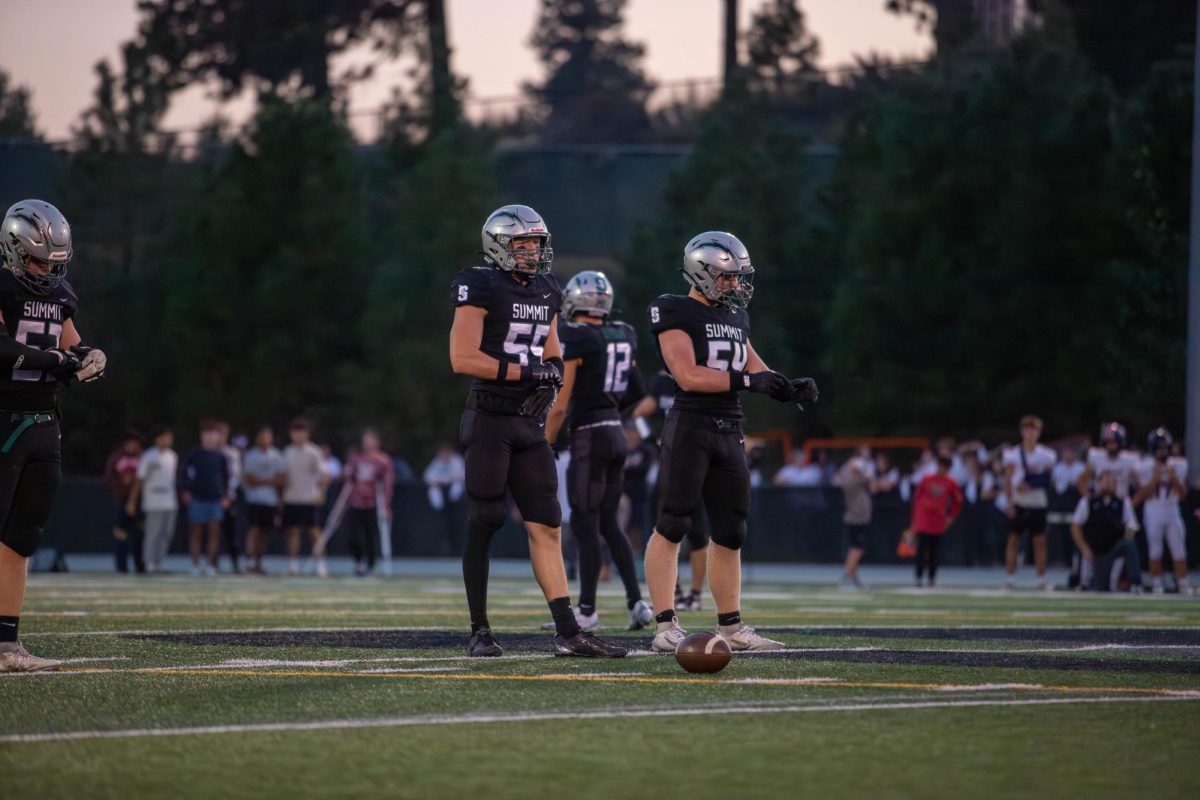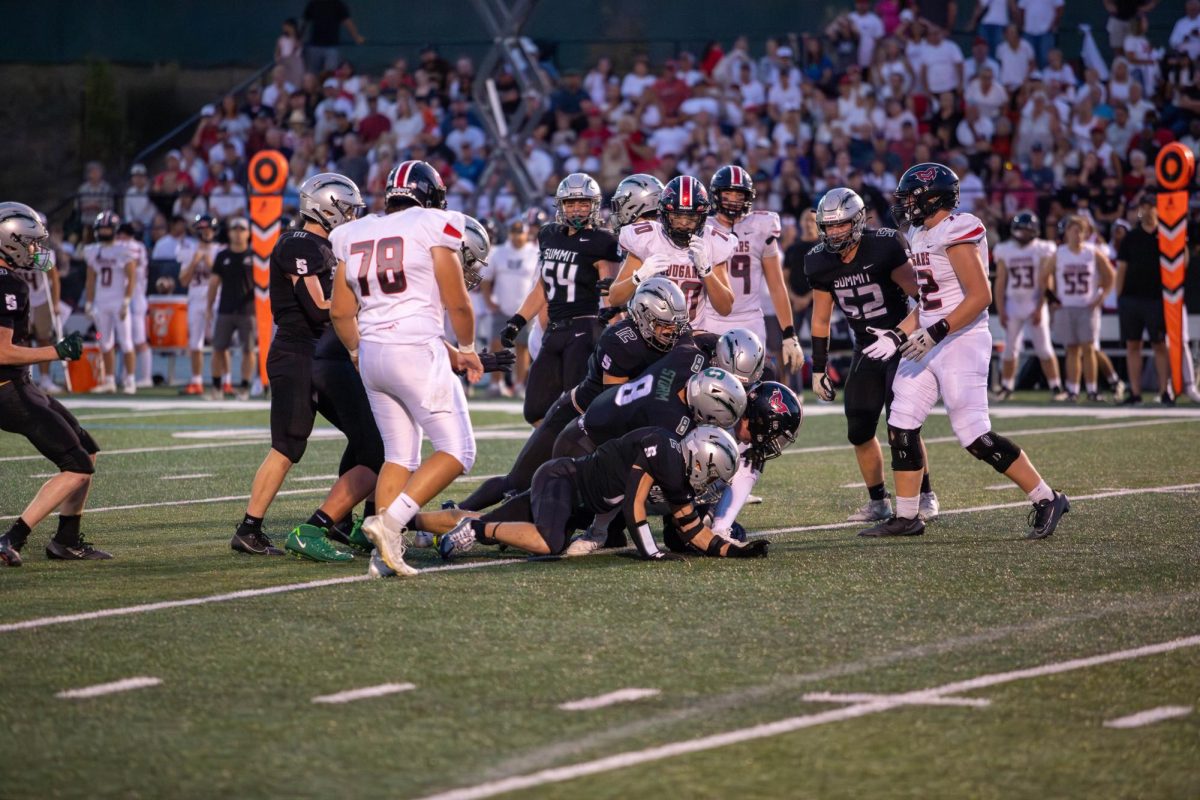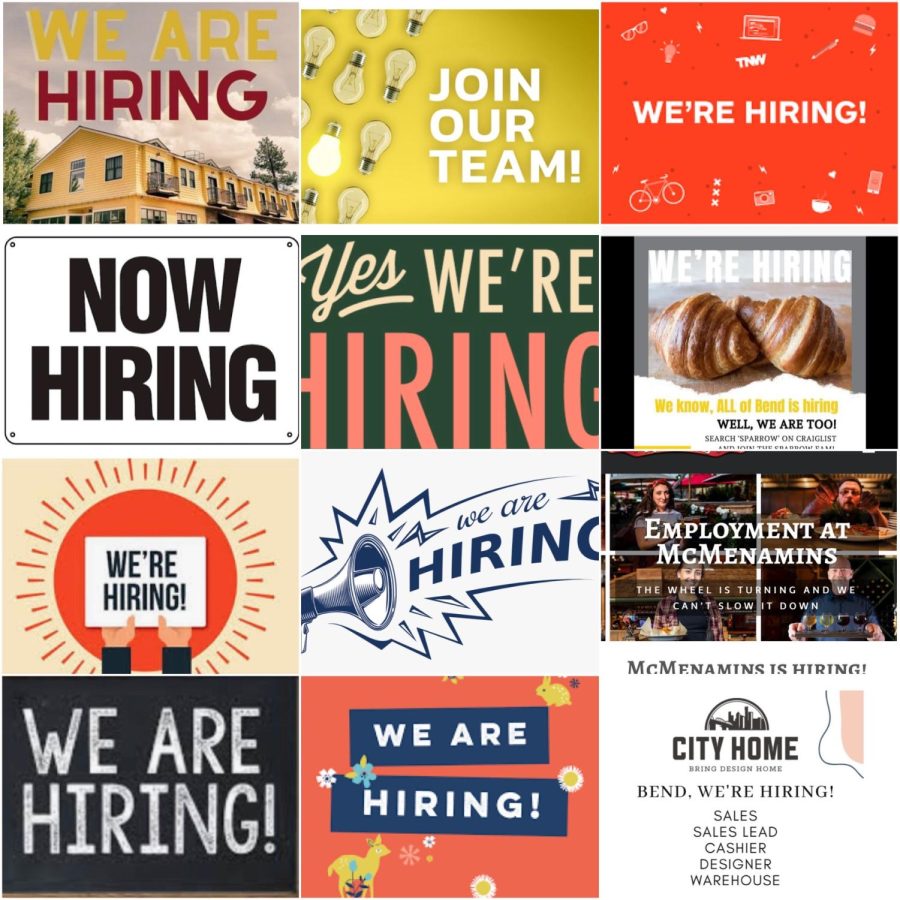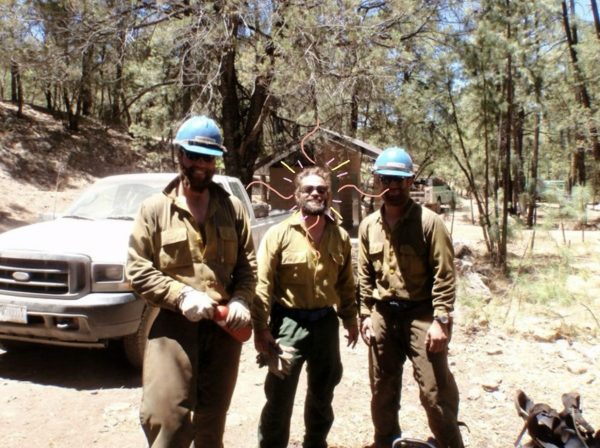The Difficult Decision Between Wages or Community
Students struggle with the decision between supporting their favorite business or working flexible hours with high pay.
As Bend grows from what was once a small beloved town to a growing tourist attraction, business chains are seizing their chance to join the ever-flourishing town. Chain restaurants and stores are flooding Bend Oregon, with a cushy amount of resources making it so students in the community are able to find jobs that are willing to accommodate their academic schedules. Small, beloved businesses have less of a fighting chance due to their inability to offer flexible hours or a paycheck higher than minimum wage.
The lack of employees due to COVID-19 that has been seen all around the United States is a great concern to many. According to Forbes Magazine, the United States is at an all-time high, having 8.1 million job openings that were reported by the U.S. Bureau of Labor Statistics in March of 2021. Shops and restaurants all over the country are fighting to stay open with only a fraction of the employees necessary.
As small Businesses close shops around town, such as the closing of the once-thriving original Sparrow Bakery location, many mourning customers are left questioning why.
In a letter written by the owners, Whitney and Jessica Keatman, Sparrow Bakery outlined the reasons for closing its original Scott Street location.
“This past year alone I have made 117 job offers, and of those who accepted, the average retention has been less than 120 days,” Keatman said.
Annually Sparrow has hired 30-40 employees and because students are not available to work full time, go to school, and do the multiple other daily activities that fill students’ lives, it has created an issue of hiring students.
Sparrow Bakery was not the only business having trouble, local businesses around Bend are struggling to find employees
Smaller local businesses constantly need more full-time employees than part-time employees due to their lack of extended resources. Strictly Organic, a beloved local coffee shop in Bend Oregon since 1999, closed its second store in the Old Mill due to short staffing and lack of assistance. Richard Steffensen, Owner of Strictly Organic alongside his wife, only hired one employee this past year.
“It’s rare when people actually apply for a job here. Recently it has been really hard staffing,” Steffensen said.
Typically, it is rare for Strictly Organic to employ high schoolers due to the lack of resumes submitted, but when they do, high schoolers make minimum wage with an opportunity for a raise.
“We’d like a longer-term commitment, even if it is just part-time because there is a lot of training involved,” Steffensen said. Because of the little turnover and lack of applicants for Strictly Organic, having long-term employees is vital to having a sustainable well-loved coffee shop. Students who work at this beloved coffee shop are only able to work on weekends because Strictly Organic had to cut their hours during Covid-19 to close at 4 PM, right when school typically ends. Strictly Organic has received lots of love from Bend Locals wanting to support local businesses but Strictly has yet to return to its former glory before Covid-19.
Abby Bridger, a senior at Summit High School, works at Starbucks. Bridger, like many other students, works to balance school, sports, social life and other extracurricular activities. A job at Starbucks offers Bridger sixteen dollars an hour plus tips and flexible hours as she only works twice a week.
“With a bigger corporation, there’s no guilt. I guess if it’s a small business, I would feel bad not being available and flexible,” said Bridger.
Though Bridger would have liked to work at a local business for the community and unique atmosphere, Starbucks offered her more money, flexible hours and a resume booster.
“I thought working at Starbucks would open up a lot more opportunities for jobs in the future and in college,” Bridger said.
With flexible hours and higher-paying wages, many students automatically turn to bigger chains to seek employment. Joel Tranby, a Shift Lead at Chick-Fil-A, points out that they are currently employing twenty to thirty teenagers out of a total of eighty employees. As well as having a high rate of high school employees, teenagers also make above minimum wage, typically sixteen dollars an hour for a fifteen-hour workweek. Because teenagers are full-time students, a flexible work schedule is vital to stay on top of homework and other extracurricular activities.
“[students] are able to come in whenever they want and work whatever hours because we understand they are still in high school,” Tranby said.
Because Chick-Fil-A is open until 10 PM, students are able to work after school and not just on weekends. Bigger business chains are able to hire more part-time employees and pay above minimum wage because they have resources beyond a singular establishment.
The idea of working at a local business is popular among Summit students, such as sophomore Sarah Hawkins. Hawkins finds that being an employee of Bontá Gelato, a thriving small business, full of both loyal and new customers, creates a cool and always changing atmosphere to be a part of.
Though only being paid minimum wage and not receiving many tips, Hawkins is always excited to see the smiles form on the faces of new and old customers after trying their first taste of Bontá Gelato.
Eleni Adams, a sophomore at Summit high school is currently working at Jackson’s Corner, a small locally owned restaurant in downtown Bend. Adams has followed in her brother’s footsteps who have both worked at Jackson’s Corner since their freshman year. In February of 2022, Jackson’s Corner announced the closing of one of its two locations due to short staffing. Adams reported that even though her pay is not as high as some of her classmates, she still enjoys the atmosphere of a bustling, well-loved local business.
The prospect of having a job runs through many students’ heads, such as Julia Kaisner, a Summit Sophomore. Julia Kaisner is mulling over the possibility of a part-time job at a bookstore.
“I would like to work at a small book store [such as Dudley’s or Roundabout Books] because then I would be helping a small business in town and it would be cool,” Kaisner said.
However, the want to work at a small business has been overrun by the possibilities at a chain such as Barnes and Nobles. The multitude of employees at a chain creates an advantage in the employment market for teenagers because they are able to accommodate erratic schedules.
Fewer employees mean the businesses also need full-time workers.
“[Working at Barnes and Noble] would be easier to have schedule changes and have more flexible times,” said Kaisner. Though Kaisner would prefer to work at the local level, working at a small bookstore wouldn’t be possible.
In the job market for teenagers, the love of local businesses in Bend is often overshadowed by the benefits and perks that lie with chains. This reality hurts not only businesses but also students missing the opportunity to work and help the community.

Meet Sarah Hawkins, one-third of the Editor-In-Chief team. Hawkins has been a part of The Summit Pinnacle for three years and enjoys writing both in and out of school. When not writing, planning and editing...

Eleni Adams is this year's News Editor! Adams loves learning about global as well as local current events within her community and how it will affect not only herself but others around her. Whenever She’s...







































